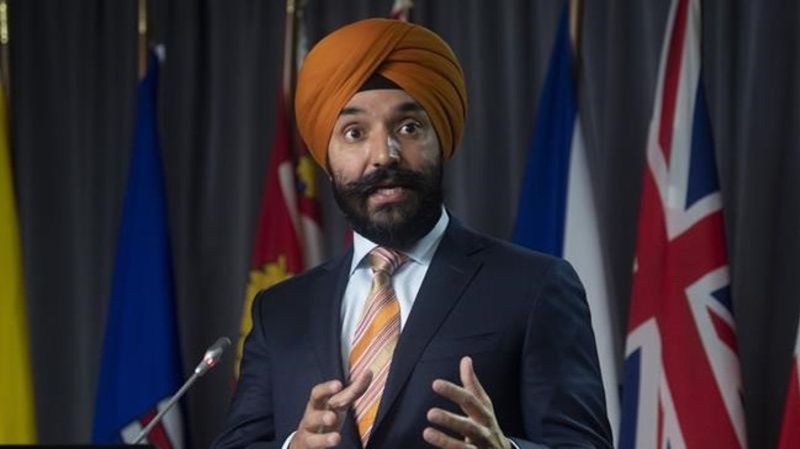
Feds ‘missing opportunity’ to ensure political parties covered by privacy law
OTTAWA — A not-for-profit group that promotes public awareness of digital rights says the Trudeau government has missed an opportunity to ensure political parties come under federal privacy law.
Innovation Minister Navdeep Bains introduced a bill this week aimed at giving Canadians greater control over their data and promising penalties for companies that run afoul of the rules.
But it did not heed long-standing calls from privacy and accountability advocates who want federal law governing personal information to explicitly apply to political parties.
Information about prospective voters is helpful to political parties for everything from door-to-door canvassing to shaping platforms.
